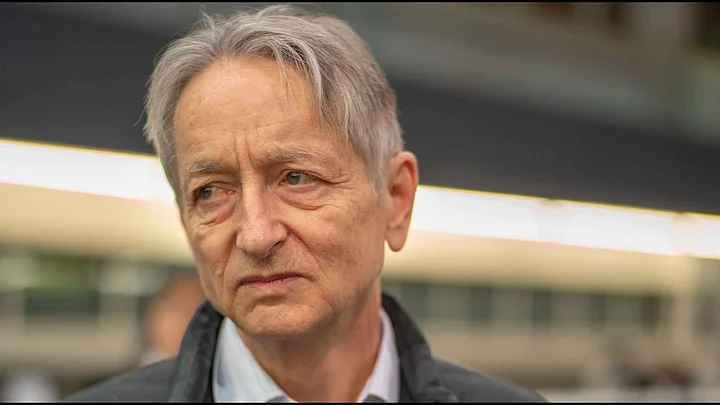Geoffrey Hinton, a pioneer of artificial intelligence (A.I.), is raising alarm bells about the danger of A.I. development. Dr. Hinton and his students at the University of Toronto created the technology that became the foundation of A.I. systems in 2012, which tech giants are now racing to develop.
However, Dr. Hinton has recently joined the growing chorus of critics warning that companies are creating products based on generative A.I. without fully considering the risks. Generative A.I., which powers popular chatbots like ChatGPT, can already be a tool for misinformation and, somewhere down the line, could be a risk to humanity.
After OpenAI released a new version of ChatGPT in March, over 1,000 technology leaders and researchers signed an open letter calling for a six-month moratorium on the development of new systems. This is because A.I. technologies pose "profound risks to society and humanity."
Dr. Hinton, often called "the Godfather of A.I.", did not sign either of those letters but has since resigned from his position at Google, where he has worked for over a decade, to speak freely about the risks of A.I. Dr. Hinton is a lifelong academic and his career was driven by his personal convictions about the development and use of A.I.
Dr. Hinton's neural network, a mathematical system that learns skills by analyzing data, became his life's work. In 2012, he and his students built a neural network that could analyze thousands of photos and teach itself to identify common objects like flowers, dogs, and cars. Google acquired the company for $44 million and their system led to the creation of powerful technologies, including chatbots like ChatGPT and Google Bard.
Dr. Hinton is deeply opposed to the use of artificial intelligence on the battlefield or "robot soldiers". He believes that generative A.I. could have negative consequences if not developed responsibly. He says, "It is hard to see how you can prevent the bad actors from using it for bad things."
While industry leaders believe that A.I. systems could lead to breakthroughs in areas ranging from drug research to education, critics fear that they are releasing something dangerous into the wild. With the A.I. industry at perhaps its most important inflection point in decades, the debate about its risks and benefits is sure to continue.
